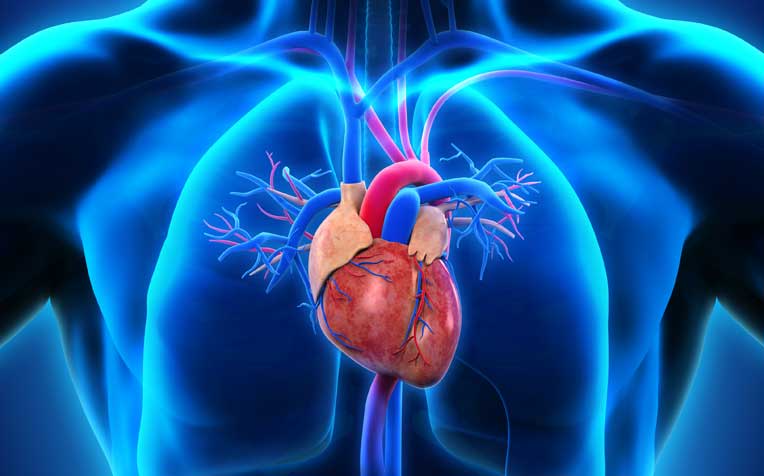
Hypertrophic cardiomyopathy refers to the abnormal thickening of the heart muscle.
Hypertrophic cardiomyopathy refers to the abnormal thickening of the heart muscle
Hypertrophic cardiomyopathy is an inherited condition characterised by an abnormal thickening of the heart muscle.
In a majority of cases, hypertrophic cardiomyopathy doesn’t impact the quality of life nor the lifespan of the affected individual. However, some patients show significant symptoms, and the disease can increase the risk of sudden death.
“If one of your parents has been diagnosed with hypertrophic cardiomyopathy, you stand a 50 per cent chance of carrying this genetic disease too,” says Dr Tang Hak Chiaw, Senior Consultant, Department of Cardiology, National Heart Centre Singapore (NHCS), a member of the SingHealth group.
Cardiomyopathy means “disease of the heart muscle”, and hypertrophic means “thickening”. In hypertrophic cardiomyopathy, different parts of the heart muscle can become thickened. Typically, the septum, or muscular wall between the right and left sides of the heart, is affected.
In some cases, the thickening of the septum will obstruct the proper flow of blood out of the heart. This is called left ventricular outflow tract obstruction. This obstruction is sometimes associated with backflow of blood from a valve (mitral valve). This backflow is called mitral regurgitation.
Symptoms of hypertrophic cardiomyopathy
Hypertrophic cardiomyopathy may be diagnosed during a routine exam, when a doctor detects an abnormal heart sound. As mentioned, some patients don’t show any symptoms.
If there are symptoms, they tend to manifest after puberty and stay stable throughout adult life. These symptoms can include the following:
- Shortness of breath
- Chest pain
- Heart palpitations
- Giddiness or near-fainting episodes
Most of these symptoms will generally appear when the person is exercising, but not necessarily.
Diagnosing hypertrophic cardiomyopathy
Doctors can diagnose hypertrophic cardiomyopathy using cardiac tests such as an electrocardiogram (ECG) and an echocardiogram.
Ref: S13
Contributed by
Conditions & Treatments
Public Events
Get the Health Buddy App
© 2025 SingHealth Group. All Rights Reserved.















 Get it on Google Play
Get it on Google Play